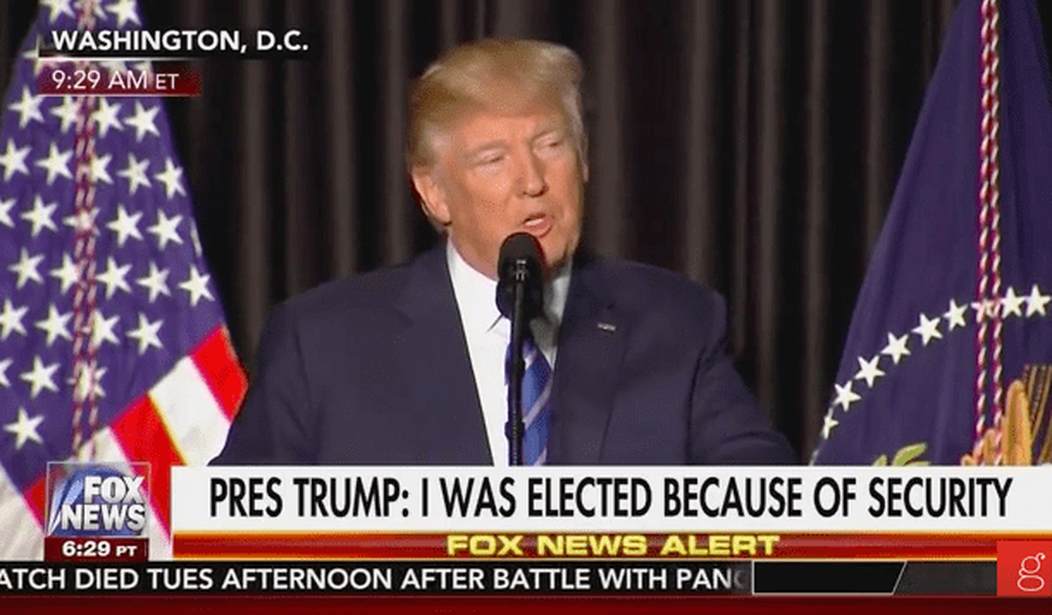A secularist group based in Wisconsin has filed suit against a Texas justice of the peace, attacking his practice of allowing chaplains to open court sessions in prayer. The group alleged that, despite the longstanding tradition of the Supreme Court and other courts, opening sessions in prayer is a violation of the First Amendment’s Establishment Clause.
The Freedom From Religion Foundation (FFRF) has brought previous complaints against Judge Wayne Mack, justice of the peace for Montgomery County, Texas. Mack began the volunteer chaplaincy program as a way to comfort family members when someone in the county dies. Mack later began allowing these volunteer chaplains to solemnize court proceedings.
FFRF first filed a complaint in September 2014, and the Texas State Commission on Judicial Conduct dismissed the claim in November 2015. But the commission warned against continuing the program, so Texas Attorney General Ken Paxton issued a legal opinion in August of 2016 defending Judge Mack. Now, FFRF is at it again.
“I think one of their missions is to essentially eradicate religion from the public square,” Chelsey Youman, chief of staff and counsel for First Liberty Institute, the firm assisting Mack, told PJ Media in an interview. “Both the Supreme Court and the Texas Supreme Court open their sessions with a brief invocation and prayer. Judge Mack is just following in their footsteps.”
In Mack’s defense before the commission in 2015, Mack’s attorneys cited a long list of judicial precedents for the court prayers. They cited the U.S. Supreme Court case of Town of Greece v. Galloway, a 2014 case which upheld prayers before legislative sessions in New York state. The attorneys also argued that the prayers given before his court cannot be distinguished from prayers given before the U.S. Supreme Court and the Texas Supreme Court.
Mack’s attorneys specifically addressed the Establishment Clause in the First Amendment (“Congress shall make no law respecting an establishment of religion, or prohibiting the free exercise thereof”). As summarized by First Liberty, “The volunteer chaplaincy program comports with the requirements of the Establishment Clause because Judge Mack ensures no government funds or resources are used on the volunteer chaplain project and because chaplains of all faiths in the community were invited to join the program.”
In her interview with PJ Media, Youman noted that “this is an interfaith chaplaincy program.” It includes a rabbi, a Hindu minister, and even an atheist, who asked for permission to join the program and received that permission. The program is “meant to serve the community,” and does not elevate one faith over another — or even faith in general over no faith, apparently.
Texas Attorney General Paxton noted that “courts in other jurisdictions have upheld the hiring of chaplains by a county hospital, prisons, and military establishments in order to provide counseling and guidance to individuals who request it. In each of these cases, the chaplains were paid by public funds, creating more significant Establishment Clause concerns than exist here, where the chaplains serve on a voluntary basis without cost to the taxpayer and only upon request of those who wish to receive the chaplain’s assistance.”
Kelly Shackelford, president and CEO of First Liberty Institute, argued that “Judge Mack’s program is an excellent idea and a great way to serve the community.” He added that “it has already been upheld by both The Texas State Commission on Judicial Conduct and the Texas Attorney General. It’s a settled issue.”
“The law and the Constitution are on Judge Mack’s side. This senseless attack by an atheist group is truly sad,” Shackelford said.
FFRF rejected these arguments. In the lawsuit, the organization argued that Mack’s courtroom prayer practice “unambiguously and unnecessarily endorses religion,” and that “the primary effect of Judge Mack’s courtroom prayer practice is to advance religion in general, and Christianity specifically, through the machinery of the judiciary.”
Even supporting the idea of prayer constitutes “a celebration of the power of prayer, which is an exclusively religious concept,” the lawsuit claimed. “Through his actions and public statements, Judge Mack has created the unambiguous impression that he, acting in his official capacity as Justice of the Peace for Montgomery County, endorses religion over nonreligion and Christianity over all other faiths.”
FFRF quoted many statements Mack gave, including this declaration at a 2014 election fundraiser and prayer breakfast: “As the Justice of the Peace I will bring the Prince of Peace to work with me every day.”
But this could arguably refer to Mack’s decision to allow his faith to impact his general approach, rather than a statement that he would privilege Christianity in the administration of the law.
FFRF promotes a radical view of the separation of church and state out of step with the founding fathers and the traditions of the United States of America. Since 1789, all three branches of the federal government have acknowledged the important role religion plays in American life. Indeed, the Northwest Ordinance, a law which predates the Constitution itself, declares that “religion, morality, and knowledge” are “necessary to good government and the happiness of mankind.”
The Establishment Clause forbids the funding of churches via tax dollars — on the federal level. It was an important declaration to protect taxpayers from supporting churches they disagreed with, but it was not a blanket ban on allowing faith (or non-belief) to impact public life.









Join the conversation as a VIP Member